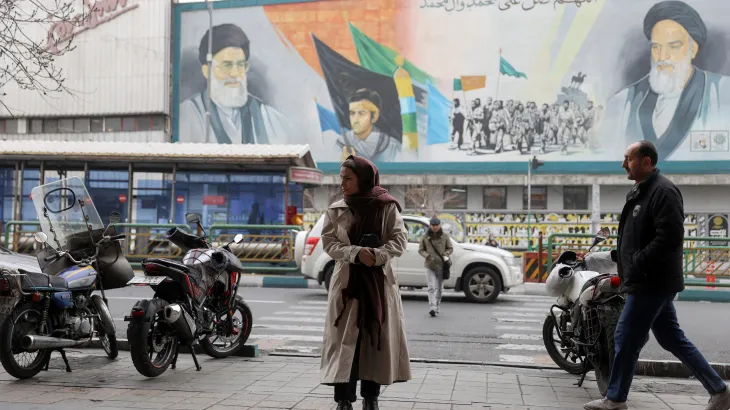





















.webp&w=256&q=75)



Loading banners


NEWS EXPRESS is Nigeria’s leading online newspaper. Published by Africa’s international award-winning journalist, Mr. Isaac Umunna, NEWS EXPRESS is Nigeria’s first truly professional online daily newspaper. It is published from Lagos, Nigeria’s economic and media hub, and has a provision for occasional special print editions. Thanks to our vast network of sources and dedicated team of professional journalists and contributors spread across Nigeria and overseas, NEWS EXPRESS has become synonymous with newsbreaks and exclusive stories from around the world.

President Tinubu
The Nigerian Association of Social and Resourceful Editors (NASRE) has advised the Nigerian government to adopt collaborative efforts involving policymakers, industry stakeholders, civil society organizations, and international partners to identify holistic solutions that address both immediate needs and underlying structural challenges.
On the debate over whether Nigeria should open its borders for importation amid the food crisis and forex shortage, the President of the advocacy group, Mr Femi Oyewale, underscores the urgency of coordinated action and innovative thinking.
According tohim, now more than ever, solidarity, cooperation, and forward-thinking policies are needed to ensure the well-being and prosperity of all Nigerians.
“The question of whether Nigerian borders should be opened for food importation in the face of a food crisis is complex and multifaceted. However, there are factorsto consider, which basically, Domestic Agricultural Capacity. Because opening borders for food importation could undermine domestic agricultural production by flooding the market with cheaper imported goods.
“However, if domestic production is insufficient to meet demand, importing food may be necessary to avoid shortages,” he said.
On the economic implications of borders opening, the President of NASRE, Oyewale, said: “Importing food can have economic ramifications, both positive and negative. On one hand, it can provide access to a wider variety of foods and potentially lower prices for consumers. On the other hand, it may negatively impact local farmers and exacerbate trade imbalances.”
The resourceful editors, while commenting on Food Security, pointed out that relying heavily on imported food leaves a country vulnerable to supply chain disruptions and price fluctuations in the global market. Therefore, it urged the federal government to develop a robust domestic agricultural sector, which is crucial for long-term food security.
According to Oyewale, the Nigerian government must consider its broader economic and agricultural policies when making decisions about food importation. This includes evaluating subsidies, tariffs, and investment in agricultural infrastructure.
“Importing food often involves long-distance transportation, which contributes to greenhouse gas emissions and environmental degradation. Promoting local production can help reduce the carbon footprint associated with food consumption.
“Food is not just a commodity; it is essential for human well-being. Government policies should prioritize ensuring access to nutritious and culturally appropriate food for all citizens, particularly those most vulnerable to food insecurity,” he added.
The Nigerian Association of Social and Resourceful Editors, NASRE, therefore, noted that the decision to open Nigerian borders for food importation during a food crisis should be approached cautiously, taking into account the country’s domestic agricultural capacity, economic implications, food security goals, environmental concerns, and social welfare considerations.
“A balanced approach that supports both domestic production and responsible trade practices may be necessary to address immediate food shortages while also promoting long-term food security and sustainability,” the Association stated.